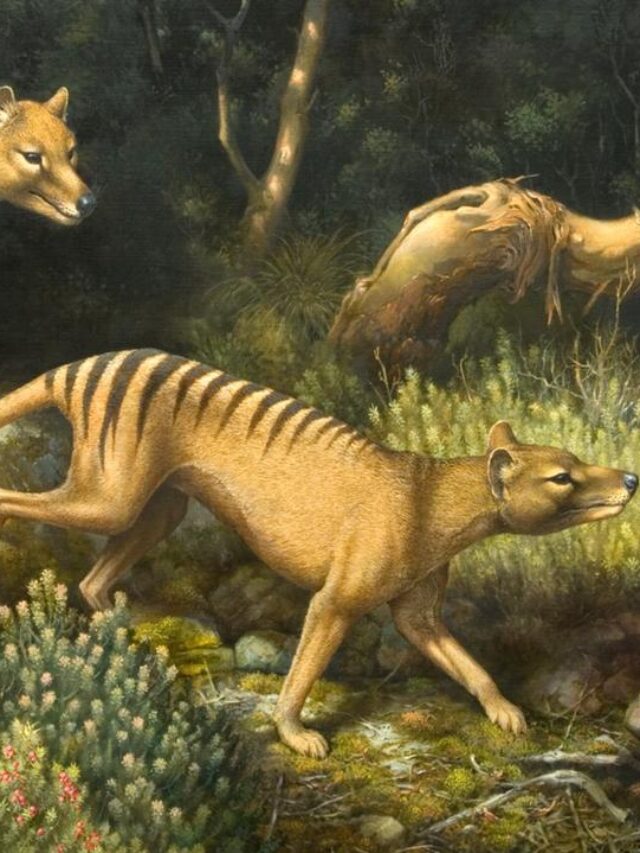Are chimpanzees known for cannibalism? Discover the fascinating behavior of chimpanzees and their dietary habits in this informative article about “Do chimpanzees eat other chimpanzees’ meat?”
Introduction
Chimpanzees, our closest living relatives in the animal kingdom, have always been a subject of fascination and curiosity. Among their many intriguing behaviors, one question often arises: Do chimpanzees eat other chimpanzees’ meat? In this comprehensive article, we will delve into this captivating topic, exploring the dietary habits of chimpanzees, the reasons behind such behavior, and other interesting aspects that shed light on their complex nature.
The Nature of Chimpanzees
Chimpanzees, scientifically known as Pan troglodytes, are highly intelligent and social primates. They inhabit the dense forests and savannas of Africa and are renowned for their complex social structures and ability to use tools. Let’s take a closer look at their dietary habits and the controversial practice of eating the meat of their own kind.
Do Chimpanzees Eat Other Chimpanzees’ Meat?
Chimpanzees are omnivores, meaning their diet comprises both plant matter and animal prey. Surprisingly, yes, chimpanzees have been observed consuming the meat of other chimpanzees on rare occasions. This practice is known as cannibalism and is a topic of extensive research and debate among primatologists.
Factors Leading to Cannibalism
- Territorial Disputes: In some cases, territorial disputes among different chimpanzee groups can lead to violent confrontations. During these conflicts, members of rival groups may kill and consume individuals from the opposing group.
- Infanticide: Another reason for cannibalism among chimpanzees is infanticide. Male chimpanzees may kill infants from other groups and consume their flesh. This gruesome behavior is believed to reduce competition for resources and mating opportunities.
- Predatory Behavior: While chimpanzees are mainly herbivores, they do exhibit predatory behavior. This can involve hunting and eating smaller animals, including monkeys and small mammals.
- Nutritional Benefits: Cannibalism might also provide nutritional benefits to chimpanzees. Consuming the flesh of other chimpanzees could be a source of protein and other nutrients in times of scarcity.
The Ethical Implications
The practice of cannibalism among chimpanzees has raised ethical questions in the field of primatology. Observing these behaviors can be both unsettling and intriguing, shedding light on the darker aspects of their social dynamics.
FAQs about Chimpanzees’ Eating Habits
Q: Are chimpanzees herbivores or omnivores?
A: Chimpanzees are omnivores, meaning they eat both plant matter and animal prey.
Q: How common is cannibalism among chimpanzees?
A: Cannibalism is rare among chimpanzees and typically occurs in specific circumstances, such as territorial disputes or infanticide.
Q: What purpose does cannibalism serve among chimpanzees?
A: Cannibalism may serve several purposes, including reducing competition, acquiring nutrients, and asserting dominance in their territory.
Q: Do all chimpanzee groups exhibit cannibalistic behavior?
A: Not all chimpanzee groups engage in cannibalism. It largely depends on the social dynamics and environmental factors.
Q: How do researchers study chimpanzee behavior?
A: Researchers study chimpanzee behavior through long-term field observations, camera traps, and genetic analysis of fecal samples.
Q: Are there any conservation efforts to protect chimpanzees?
A: Yes, numerous conservation organizations work tirelessly to protect chimpanzee populations and their natural habitats.
Conclusion
In conclusion, chimpanzees’ dietary habits, including the rare practice of cannibalism, offer a glimpse into the complex nature of these remarkable primates. While the concept of chimps consuming their own kind may be unsettling, it is essential to understand the behavior within the broader context of their social dynamics and survival strategies. As we continue to study and protect these magnificent creatures, we gain a deeper appreciation of our connection to them in the vast tapestry of the animal kingdom.















